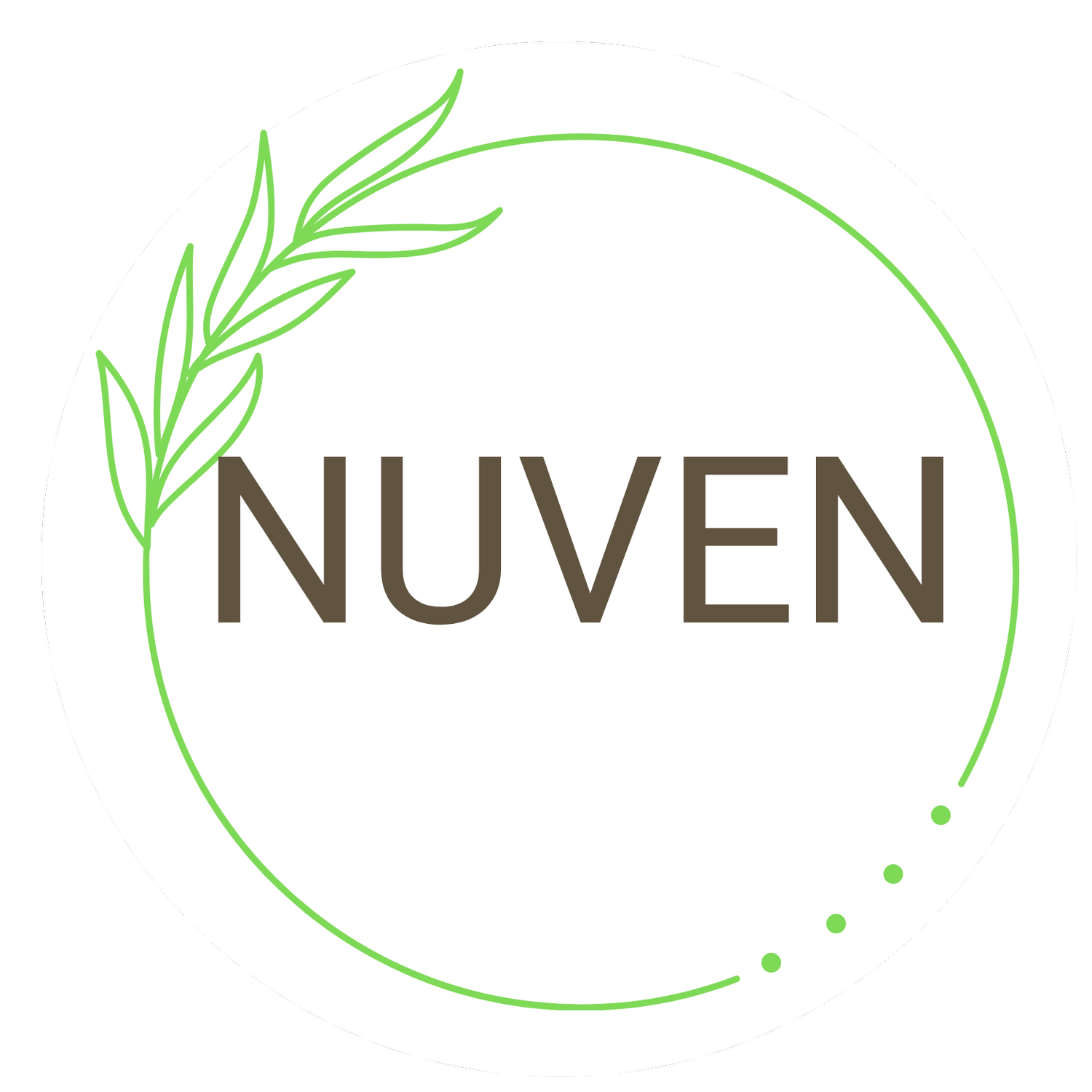From Deprivation to Nourishment: A Healthier Way to Think About Food
Does every meal feel like a math problem—counting calories, chasing protein, tracking every bite? If it does, you are not alone. I have felt the weight of that grind too!
The truth is, most of us tend to overindulge. We eat far more than our bodies truly need—and we’ve all seen the statistics around rising obesity, diabetes, and related health conditions. Ayurveda has emphasized for thousands of years that we should eat only until we are 80% full. Yet in modern life, many of us keep going until we need to loosen our waistbands.
So yes—there’s a place for mindfulness around portion size, and calories. I care deeply about what I feed my family, especially my kids, and I know intention matters. But food should not be reduced to numbers alone. Eating is also about comfort, joy, and long-term nourishment for both body and mind.
As Rujuta Diwekar, arguably India’s most famous nutritionist, reminds us, any diet can only be called successful if it is sustainable for life. Short-term, restrictive diets may deliver quick results, but they rarely last. And too often, diets focus on how we look or feel in the moment rather than our long-term health.
In a metrics-driven world, weight and BMI have become the most common proxies for health. But they’re deeply flawed. They fail to account for ethnicity, body composition, or metabolic differences, and they ignore the bigger picture. Similarly, obsessively tracking calories often backfires—causing people to cut out nutrient-rich yet calorific foods such as avocados or ghee, which research has shown to have real, lasting benefits for the body.
This is one of the core reasons I started Nuven. My goal isn’t to help people chase arbitrary numbers on a scale—it’s to simplify healthy eating by focusing on the quality of what’s on your plate rather than the quantity. One feature I’m particularly excited about is building holistic nutrition insights that don’t just highlight macros, but also flag overlooked micronutrients that play a vital role in gut health and overall well-being. Imagine a gentle nudge that says, “You haven’t had enough fiber this week—consider adding lentils or guacamole.”
Of course, designing this algorithm isn’t straightforward, which is why I want to ask you: is this something that feels valuable to you? When I discovered that magnesium-rich foods like pumpkin seeds could ease my chronic headaches far better than ibuprofen, it completely changed how I approached food. I believe that delivering insights like this—automated and personalized through Nuven—can help create meals that are healthier, more nourishing, and truly satisfying.
Because if there’s one thing I’ve learned, it’s this: eating healthy should never feel complicated or stressful. If it does, it defeats the very purpose.
I’d love to hear from you—what has been your biggest struggle with food and nutrition? Is it meal planning, decoding healthy ingredients, or knowing if you’re getting the right nutrients? I’d love to know your biggest struggle. Share your thoughts in the comments.
Who knows? Your experiences might help shape Nuven’s roadmap and make this journey even more meaningful.
